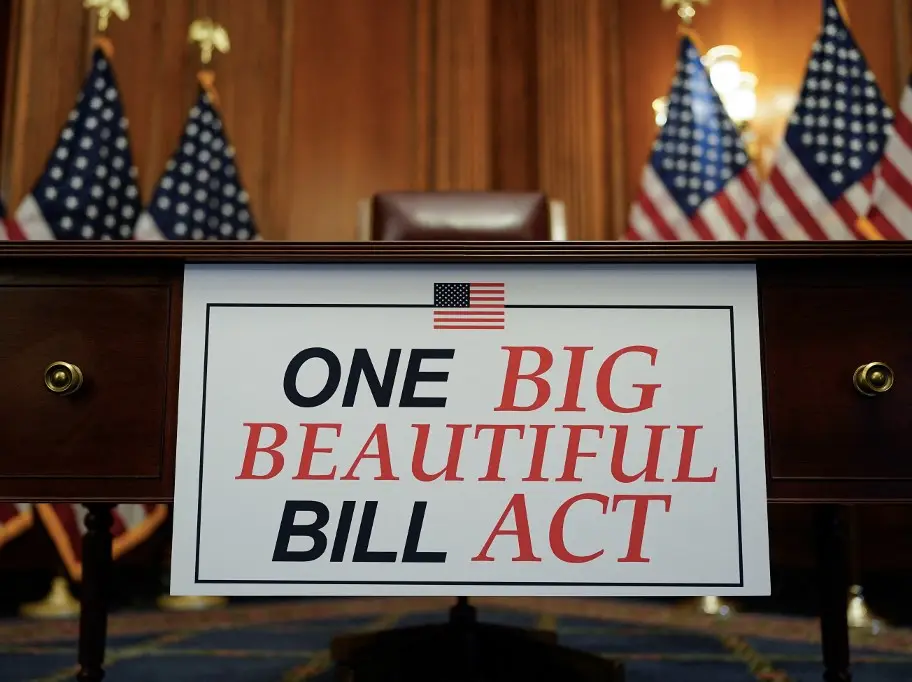New Jersey taxpayers may see significant savings on their federal taxes in 2026 thanks to the recently analyzed One Big Beautiful Bill Act (OBBBA). According to a new report from the Tax Foundation, the average individual in the Garden State could save roughly $3,702 on federal taxes, depending on their financial situation.
Key Features of the OBBBA
The OBBBA builds on the framework of the 2017 Tax Cuts and Jobs Act (TCJA) by making several individual tax provisions permanent while also introducing new tax reductions. Some of the bill’s notable features include:
- Permanent individual tax cuts originally established under the TCJA.
- New deductions for tipped income and overtime pay.
- Expanded child tax credit and higher standard deduction thresholds.
- Full bonus depreciation and permanent expensing for domestic research and development (R&D).
Together, these provisions are expected to provide direct tax relief for New Jersey residents while potentially stimulating economic activity nationwide.
Broader Economic Impacts
Beyond immediate tax savings, the OBBBA could also affect wages, employment, and overall household income. The White House estimates that long-term wage increases in New Jersey could range from $7,700 to $14,700, with typical families of four potentially seeing take-home pay increases between $9,400 and $16,400.
These figures highlight the broader potential of OBBBA to strengthen economic growth, though actual results will vary based on individual circumstances, including income level, family composition, and other financial considerations.
What New Jersey Residents Should Keep in Mind
While the bill offers substantial potential savings, several factors could influence individual outcomes:
- Offsets and trade-offs: Certain provisions of the bill, such as changes to student loan repayment or mortgage interest rules, may offset some benefits for specific taxpayers.
- State tax considerations: New Jersey’s own budget measures, including programs like ANCHOR and the upcoming Stay NJ program (expected to launch in 2026), will also affect property taxes and affordability. These state-level policies interact with federal tax changes, influencing net savings for residents.
- Consulting a professional: Taxpayers are encouraged to speak with a qualified tax professional to understand the full implications of both federal and state legislation for their personal finances.
Planning Ahead
For New Jersey residents, the OBBBA represents a combination of direct tax savings, potential wage growth, and economic opportunity. However, the exact impact will vary, and ongoing legislative updates may change projections over time. Staying informed and seeking expert guidance will be critical for maximizing benefits and making smart financial decisions in the coming year.
For the latest updates on how federal and state legislation affects New Jersey residents, visit Explore New Jersey Politics.












